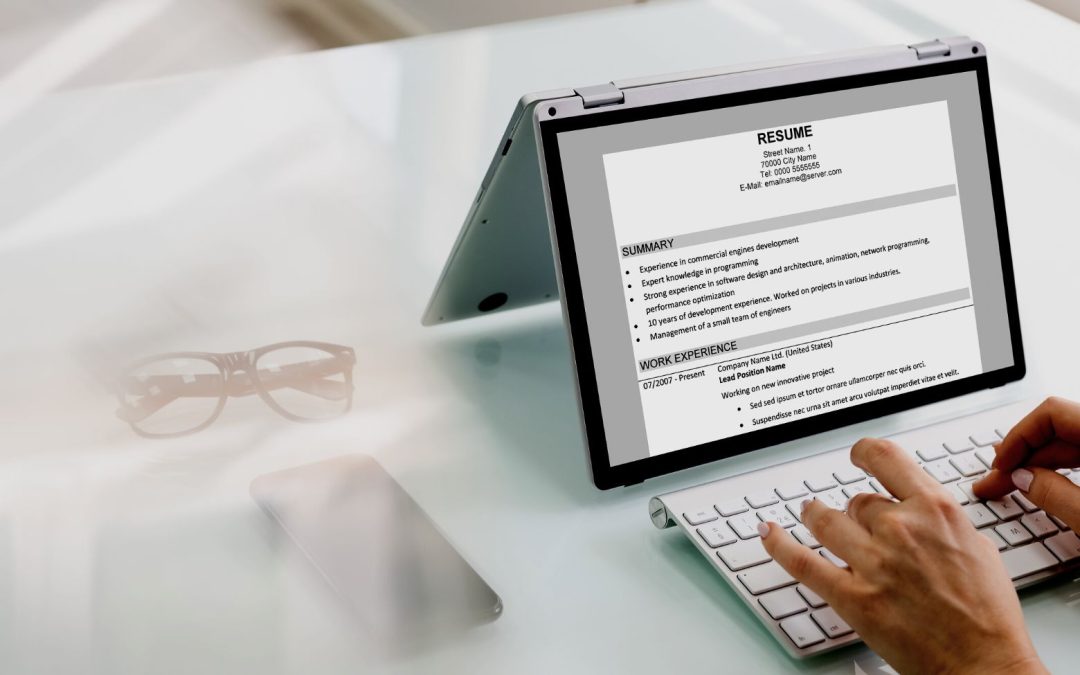Interview Tips: Know Your ‘Why’
Reflect on why you wanted to become a nurse. Some interviewers like to ask about your “why” as an introduction to get to know you. Sometimes, they ask what made you want to become a nurse or your nursing philosophy. What does nursing mean to you? If you have not thought about this by now, I highly recommend taking time to do so.
There are many reasons why individuals decide to go to nursing school. A family member may have been a nurse, and they inspired you. You may have received excellent nursing care as a patient or witnessed a loved one receive great nursing care. Tell your story! Honesty is the best policy.
However, if your reason is that you heard nurses make good money, I recommend refraining from mentioning that in your interview. While it does come with excellent monetary compensation, nursing is far beyond a paycheck. In times of crisis, it will seem as if no money could repay everything the nursing profession encompasses — your passion for nursing and your “why” will keep you grounded.
Interviewers may also want to know why you chose to apply to a specific department or nurse residency program. If you apply directly to a particular department/nursing unit, research that area. Search the organization’s website or Google the organization. Research the scope of practice and the patient population. You may even find that the unit or organization has received specific awards or accreditations that you can speak to as a reason for wanting to apply there. If you’e applying to a nurse residency program, reflect on why you want to apply to a particular track (medical-surgical, progressive care, critical care, emergency services, perioperative, etc.).
Clinical Experiences
Be prepared to describe your clinical experiences and how they have prepared you to be a strong candidate for the position. This can be your experience with clinical rotation sites from nursing school, shadow experiences, and employment in healthcare (certified nursing assistant, unit clerk, patient care technician, medical assistant, patient transport, student nurse extern, etc.) If nursing is a second career, speaking about your first career and the skills you acquired is acceptable, if relevant.
Time Management
Time management is a vital part of nursing. Reflect on an example of your ability to multi-task effectively. To cover all bases, think about an example at work, during clinical experience, and from everyday life.
Prioritization
You cannot talk about time management without prioritization. In nursing, the two go hand in hand. It would be best to have several nursing exams and NCLEX practice questions by now. So, ask yourself: What would you look at when prioritizing nursing care after receiving a shift report? Which patient would you tend to first? What factors do you consider? What tasks would you delegate?
Assessment & Intervention
Familiarize yourself with common diagnoses and medications. Think about critical assessments for different types of patients. An example of a patient may be given, and you would have to respond with what your first response would be. What would you assess? What would be your nursing intervention? What would you expect a provider to order in response to your assessment?
Patient & Family Education
Remember that patient/family education is an integral part of nursing. Be prepared to speak to how you would educate your patients and their loved ones. Familiarize yourself with resources that can help facilitate that education.
Conflict Resolution
Interviewers want to know how you resolve conflict. Service recovery and workplace civility are hot topics in healthcare. Sometimes you must be able to verbally de-escalate issues, whether a displeased patient or a patient’s loved one, and there may be a conflict between yourself and another caregiver. Be prepared to provide an experience in which you had a conflict with another person and share how you dealt with it. This can be work-related or even an example in everyday life.









